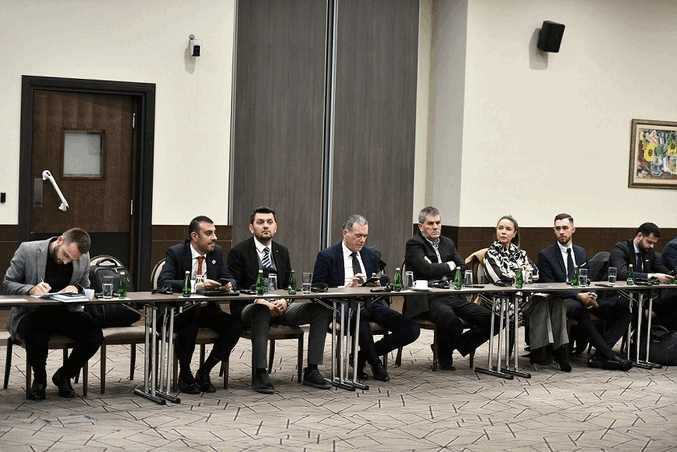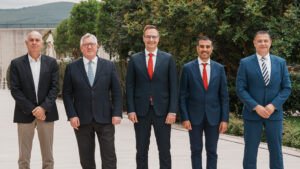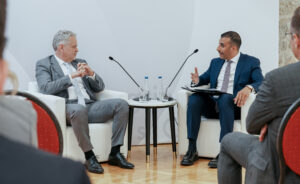Montenegrin Foreign Investors’ Council held its Annual Assembly 2022 on November 29. In addressing the media, MFIC President, Christoph Schoen has highlighted that in the previous period, after a strong recovery in 2021, the Montenegrin economy continued to grow at a stable pace in the first half of 2022. The post-pandemic recovery was accompanied by an increase in domestic and foreign demand and a strong recovery of the tourism sector. Nevertheless, external factors, above all Russia’s war against Ukraine, disrupted supply chains and the sharply raising the inflation, has a significant negative impact on the post-pandemic recovery and will cause negative effects going forward. In addition to that and not less important for the future prosperity and business environment is the ongoing political and institutional crises which are delaying the implementation of important reforms and further slowing down the accession process to the European Union. We are looking with concern to Montenegro’s reputation as an attractive destination for foreign investments and we are encouraging the political stake holders to overcome their differences through constructive dialogue.
In order to further stimulate economic growth, Montenegro must continue responsible fiscal management with a focus on the implementation of structural reforms. Future reforms must focus on improving market conditions, removing business barriers, retaining foreign investors and attracting new ones. In addition to that, strengthening rule of law and the capacities and efficiency of the public administration are key for future prosperity.
The Montenegrin Foreign Investors’ Council remains a reliable partner to the Government and business associations in further work on improving the competitiveness of the economy and attracting foreign investors, concluded Schoen.
In her address, EU Ambassador to Montenegro, H.E. Oana Cristina Popa, has highlighted that while still recovering from the COVID19 crisis, the European continent was struck by Russia’s war of aggression against Ukraine, which caused multiple economic consequences in Europe and in the rest of the world, generating strong inflation and distorting food and energy markets. The EU and the WB are entering into a year of slower growth and high inflation that will also weigh on Montenegro’s growth prospects.The expected economic deceleration, with high inflation, increased political uncertainty, and tighter financing conditions will call for decisive action and resilience. In such challenging context, Montenegro needs to tackle major structural bottlenecks to unleash its economic potential while weathering the looming economic crisis. In parallel, there is an urgent need to prioritize the structural reform in order to ensure long-term economic stability.
The Montenegrin Foreign Investors Council can facilitate the EU accession process. The authorities should call for your involvement and support when designing, drafting, and implementing measures that affect businesses. Despite all the challenges, Montenegro is able to continue making progress in creating favourable conditions for attracting investments and opening new markets. In this context, the cooperation of the EU with the Foreign Investors Council is fruitful, and will continue. Or common goal is to help Montenegro achieve further convergence with the EU, concluded Popa.




